Policies
Our clinic policies are designed to protect our patients, physicians and staff. Please ensure you have a look at all of our policies prior to your first visit.
Physician Scheduling
Most physicians use 10-minute appointment slots for routine visits, and 20-minute visits for longer appointments such as complete physical exams, Driver’s License exams, and individual counselling visits. These longer visits usually require patients to come in 10 minutes early so that our staff can check height, weight, abdominal circumference, as well as vision. A urine sample may also be required. Complete physical exams are requested by physicians to investigate a medical issue already discussed with the patient as the next step in the investigation. Complete physical exams are not covered by MSP for routine wellness. It does not improve mortality. Preventative health exams e.g: pap smears, prostate exams, etc are booked as regular visits.
Please note that examinations for private services like dental extractions or employment requirements are not covered by MSP, and therefore have to be charged to the patient at standard rates. Read more on our Appointments page
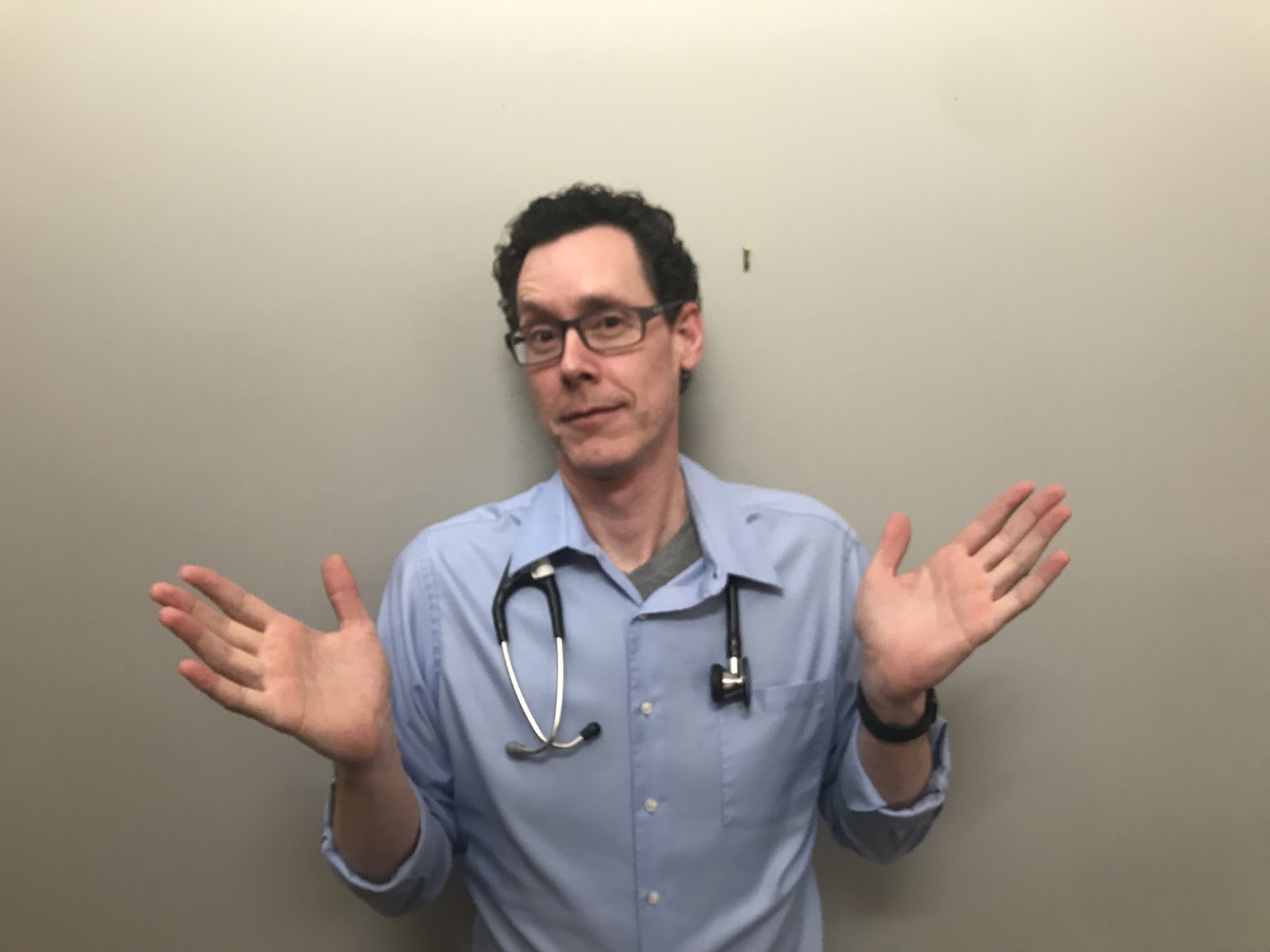
No Show policy
The Courtenay Medical Clinic has a ‘No-Show’ policy regarding patients who fail to show up for scheduled appointments without canceling ahead of time. This policy is an unfortunate necessity, as last year approximately 500 appointments were not attended by patients who were booked into our clinic. This creates not only financial strain for the clinic, but more importantly it prevents other patients from getting more timely access to medical care. Therefore, we will be sending out a letter to patients who miss two appointments as a gentle warning, but after that we will have to send out bills for $50 for further missed appointments. Missing longer appointments such as complete physical exams, complex care plans, and counselling visits may result in larger ‘No-Show’ bills.
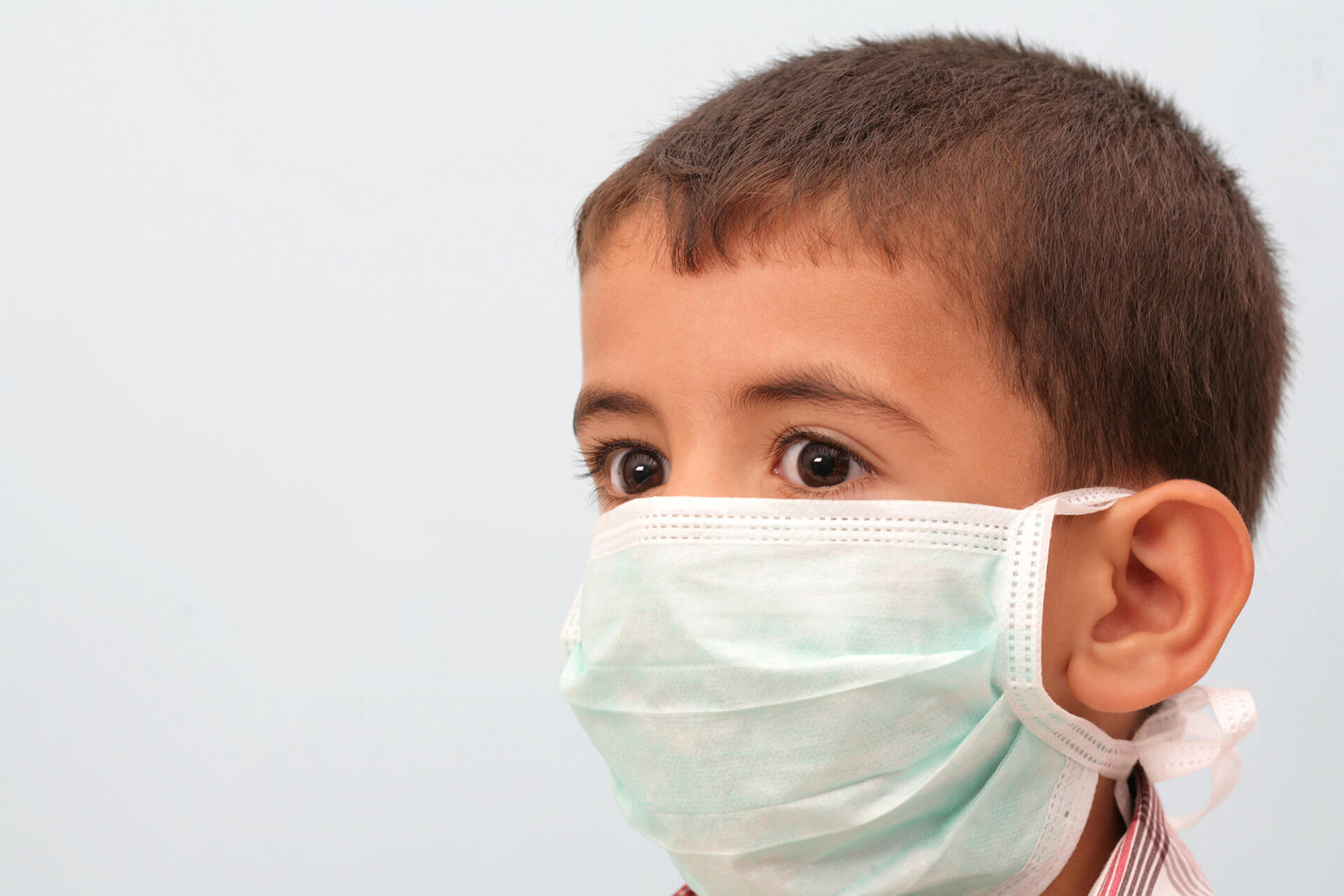
Cough and Mask Policy
At the Courtenay Medical Clinic we strive to protect the health of our patients. That is why we request that all of our patients who have a cough, fever, or active sneezing please disinfect their hands and don a mask upon arrival to our office before checking in at the front desk. Patients who have symptoms of the stomach flu or food poisoning (nausea, vomiting, diarrhea, etc) should also also disinfect their hands upon arrival, but don’t need to put on a mask, unless they are coughing or sneezing. We have hand sanitizer and masks at the entrance to our clinic for this purpose.
In fact, we encourage all of our patients to disinfect their hands upon arrival , regardless of the reason for their visit, in order to reduce the spread of germs that can cause illness.
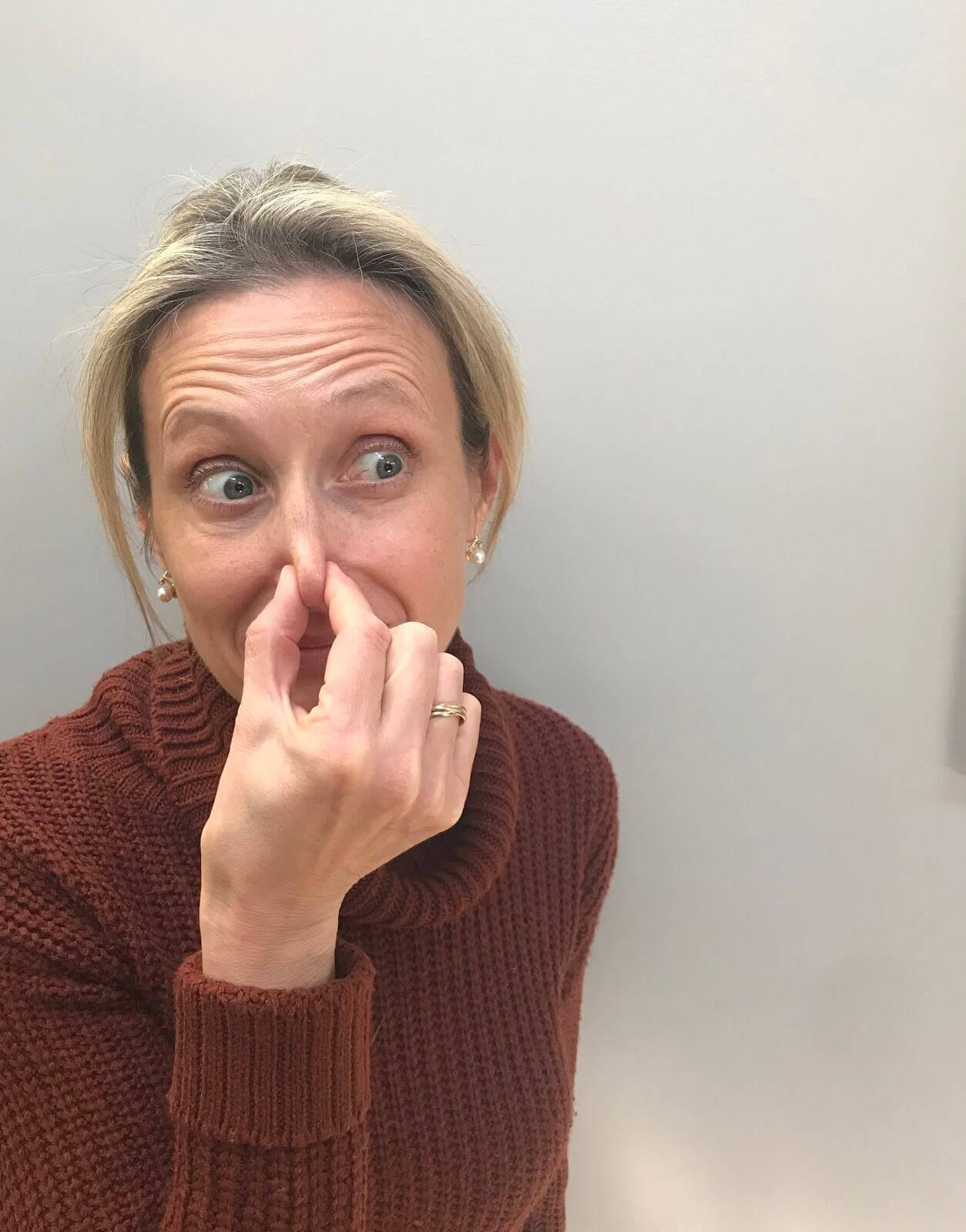
Fragrance free zone
Our clinic is a fragrance free zone. This includes perfumes and scents as well as wafts such as marijuana and tobacco. Patients who smoke heavily, especially in enclosed spaces or in the car before their visit create an unpleasant atmosphere in the waiting and exam rooms. It can trigger lung symptoms in other patients and our staff.

Ill and unvaccinated children and adults
If you or your child is unvaccinated (standard childhood vaccination schedule) and are ill, we cannot see you without prior telephonic arrangement. To reduce the risk of contact with vulnerable patients, we will schedule appointments at different times of the day (e.g. end of the day) for those who are unvaccinated and ill. We care for a large number of patients who are elderly or immune compromised. Exposure to an illness such as measles or whooping cough can be deadly for them. We have a duty to protect vulnerable patients as they rely on us to keep them safe.
Measles, for instance, is a highly infectious disease. If an infected person is in a room droplets or airborne virus particles are deposited onto surfaces and into the air, which remains infectious for 2 hours after they have left the room. Others who share that space in the 2-hour time frame have a 90% chance of becoming infected if they are susceptible. This includes patients with inadequate vaccination response or waning immunity, those too young to be vaccinated (babies) or those who cannot be vaccinated (allergies, certain medical conditions) and those with compromised immunity (diabetics, cancer patients, patients on immune -suppressant medications and biologics) and the elderly.
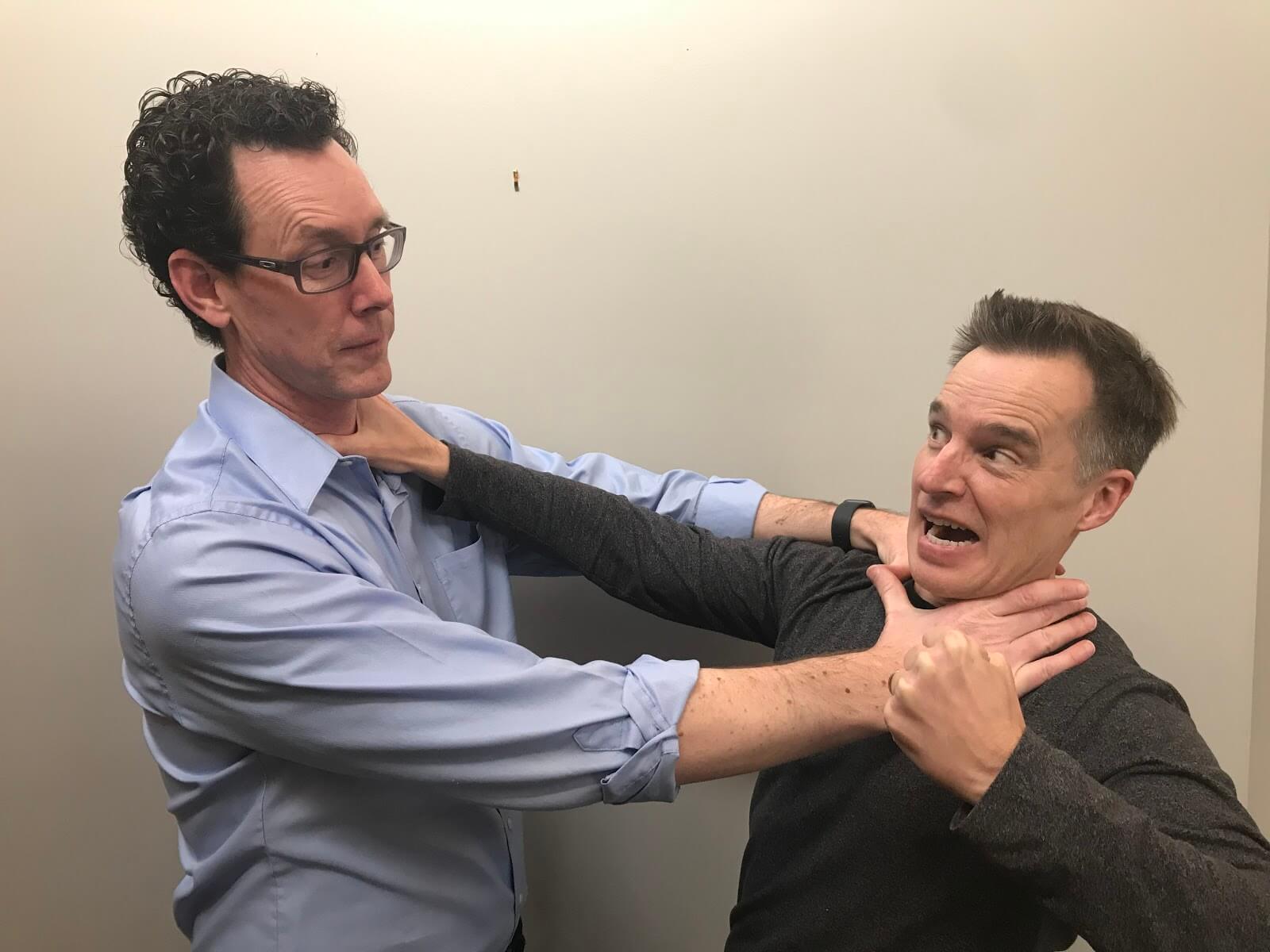
Abuse or violent behaviour
The Courtenay Medical Clinic has a ZERO TOLERANCE policy towards abusive or violent behavior, and anyone displaying such behavior will be asked to leave the premises. They will also be discharged from our clinic as a patient.
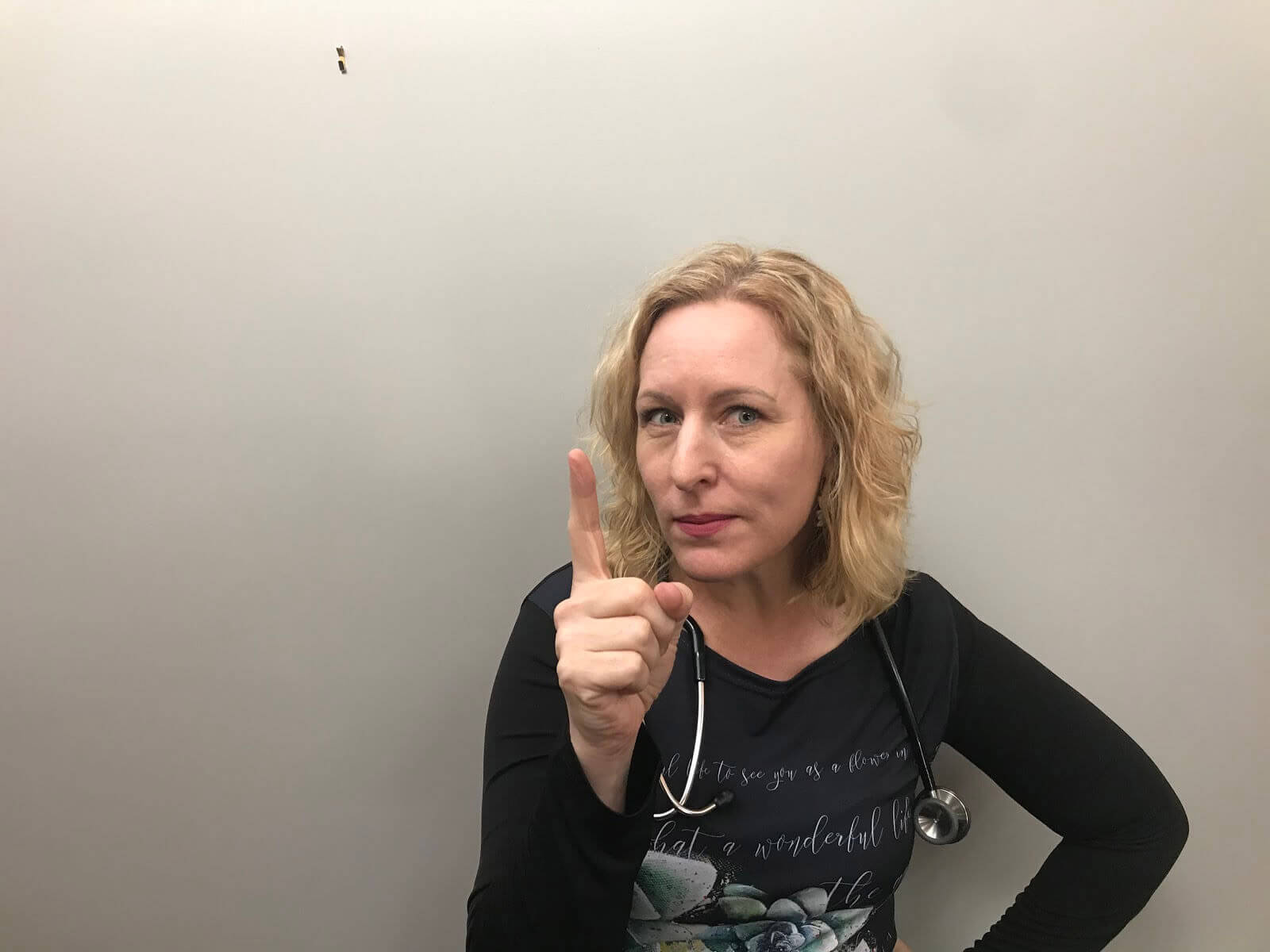
Cellphones
We welcome you to use your cell phone in silent mode in the waiting room. Please take calls outside. Our waiting room is a quiet zone. Please do not answer calls while in the exam room.
We also are proud to provide a ‘Quiet Zone’ in our waiting room, and we respectfully ask our patients to mute their cellphone ringers, and take cellphone conversations outside. We also ask that patients not talk on their cellphones in the examination rooms, as this prevents the physicians from being able to do their jobs.
Teaching facility
The Courtenay Medical Clinic is a UBC teaching facility and there will often be medical students and residents as well as nursing students present. We are grateful to our patients for sharing their stories today with the health care professionals of tomorrow. We are also a practical site for students who study to become medical office assistants.

Locums
At times, our regular physicians will need to be away from the office for educational purposes, for the occasional sick day, or just for some rest and relaxation. During these times we will always have other qualified doctors filling in for us to be able to look after our valued patients. We appreciate your willingness to be seen by a locum.
Opioids and Contracts
The College of Physicians and Surgeons is very firm about avoiding the use of opioids (aka narcotics) to treat chronic pain that is not due to cancer. These medications include Morphine, Codeine, Hydromorphone/Dilaudid, Oxycodone/Supeudol/Percocet, and others. While these powerful pain-killing medications may have an important role to play in the treatment of acute pain (for example, post-operative pain, or pain from a serious acute injury) or pain arising from cancer, most times they actually do more harm than good when treating chronic pain from other sources. Not only do these medications have significant side effects such as constipation, drowsiness, and even reducing you drive to breathe (a potentially fatal side effect), but over time, the body becomes dependent on these potent medications, and also develops a tolerance to them. This means higher and higher doses are required for the same level of pain control. The risk of addiction is also quite high for these medications, and gets higher for patients who have risk factors such as a personal or family history of addiction. For these reasons, the doctors of the Courtenay Medical Clinic will only prescribe opioids under very strict circumstances, and for as short a time as possible. This is to prevent harms such as addiction as well as the other side effects listed above. Patients who are currently on long term opioids for chronic non-cancer pain will have their opioid medications reviewed on a regular basis by their family doctors, to try to reduce these medications to the lowest possible dose, and preferably discontinue them completely. There are many other options to treat chronic pain, and your family doctor will work with you to find the best treatment or combination of treatments for you, while avoiding the significant risks of opioids.
Any patient who is on long term opioid medications will need to have what is called an Opioid Contract reviewed and signed with their family doctor. The Opioid Contract is designed to outline the risks and possible benefits of using opioid medications, and also designed to let patients and doctors know when the opioids need to be discontinued or stopped. Reasons for discontinuing opioid medications are many, but can include lack of benefit, serious side effects, or evidence of developing addiction. Regardless of whether opioids are or are not used, our patients can rest assured that their pain will be treated to the best that medicine has to offer. An example of an Opioid Agreement can be found below.
https://www.cpsbc.ca/files/pdf/PRP-Sample-Opioid-Treatment-Agreement.pdf